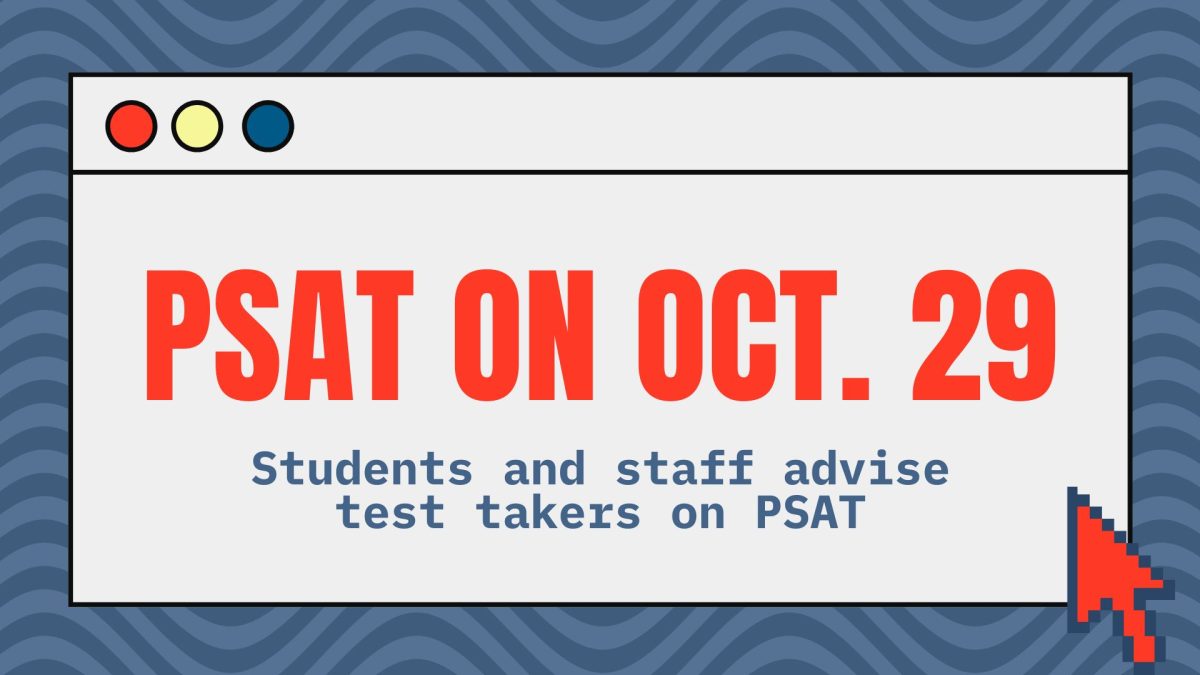Get the facts straight: Net Neutrality
Internet protection plan in danger of being repealed
Net Neutrality is a series of internet protections that prevent service providers from monopolizing or monetizing access to accessible internet. The FCC wishes to repeal this, and the vote will be held Dec. 14.
November 28, 2017
Net neutrality. The term has been swirling around the internet lately, with many in what seems to be a frenzy as they claim their internet and privacy are being threatened. But what is net neutrality? Here’s what you need to know about the future of the internet as you know it, and how it will affect you.
What is net neutrality?
Net neutrality is a basic protection plan ushered in during 2015 that prohibits internet providers such as AT&T or Verizon from speeding up or slowing down your internet, or blocking certain websites. It’s what keeps the internet open and free.
What happens if it gets repealed?
If we lose net neutrality, we’re in danger of losing our ability to a free and accessible internet. With the lack of internet protections set in place, big corporations could set a monopoly on the internet, and limit what websites and applications you could have access to. This could be particularly harsh on minority groups, with interests or ideals that don’t align with the mainstream. Basically, an internet without net neutrality set in place is an internet that can, and would probably be, censored.
Who’s against Net Neutrality?
Big internet provider companies are lobbying for the repealing of net neutrality, on the grounds that it would make the internet more ‘pro-competitive.’ Backing the companies is FCC chief Ajit Pat, who hopes to throw out regulations that prevent providers from blocking content, or adjusting your internet speed for economic gain.
Who benefits from Net Neutrality?
Essentially, everyone. If you enjoy using the internet for trivial reasons, or if you use it as a serious tool and platform, net neutrality protects your right to have an uncensored and accessible internet. Particularly, small businesses and fringe ideological groups would likely take a hard blow if the protections were to be repealed, as their voice would be minimized compared to large and lucrative corporations.
How can we fight to keep it?
Use your voice. Let the FCC know if you’re against this plan, and then contact your local representatives in congress. The vote that determines the future of the internet as you know it will be held on Dec. 14, so make sure to contact the appropriate bodies before then.








